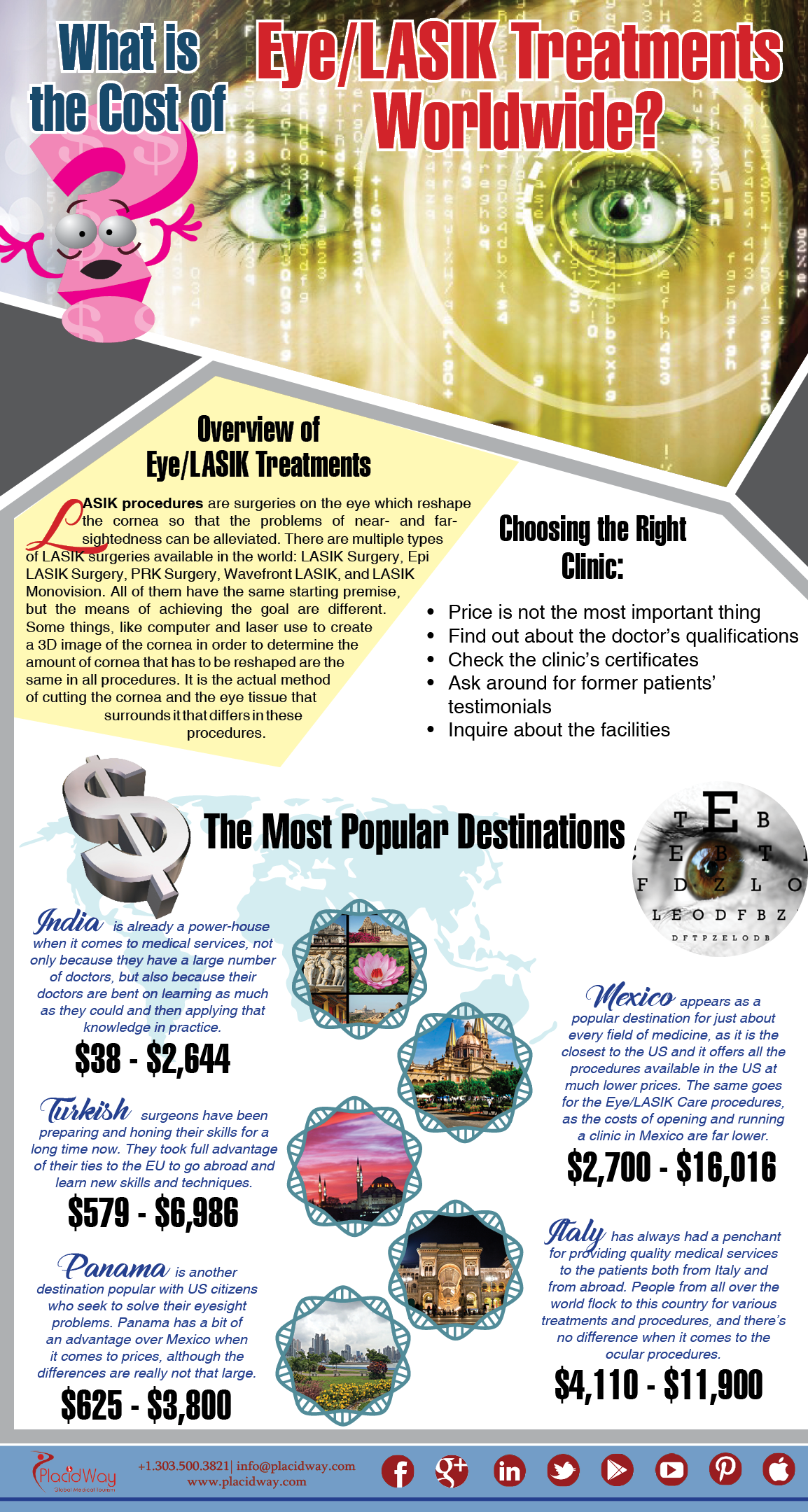The Complete Frequently Asked Question On Refractive Lens Exchange: Whatever You Ought To Receive Concerning
The Complete Frequently Asked Question On Refractive Lens Exchange: Whatever You Ought To Receive Concerning
Blog Article
Web Content Author-Lundqvist McLean
If you're considering refractive lens exchange, you most likely have a lot of inquiries. This treatment might alter exactly how you see the globe, supplying advantages like reduced dependancy on glasses. However, it's vital to comprehend the procedure, risks, and who certifies as a great prospect. Let's explore these critical elements so you can make an informed choice concerning whether RLE is right for you.
What Is Refractive Lens Exchange and Just How Does It Function?
Refractive lens exchange (RLE) is a procedure made to change your eye's natural lens with an artificial one, remedying vision problems like nearsightedness, farsightedness, or presbyopia.
During the treatment, your surgeon makes a little incision in the eye, eliminates your all-natural lens, and inserts an intraocular lens (IOL) customized to your vision requires. This outpatient surgical treatment generally takes around 15 to half an hour per eye and is done under local anesthesia.
You'll likely discover improvements in your vision virtually quickly, though full healing may take a couple of weeks. RLE is especially valuable for those over 40 or with high prescriptions, offering a long-lasting option contrasted to glasses or get in touch with lenses.
Your eye treatment specialist can aid determine if RLE is right for you.
What Are the Benefits and Risks of Refractive Lens Exchange?
Picking refractive lens exchange can result in substantial renovations in your vision, yet it is essential to consider both the advantages and risks before making a decision.
On the plus side, this treatment can improve your vision by remedying concerns like presbyopia, myopia, and hyperopia. Numerous patients delight in lowered reliance on glasses or get in touch with lenses, which can greatly enhance their quality of life.
However, it's essential to think about possible dangers. Complications can consist of infection, glow, or halos around lights.
There's likewise a chance of overcorrection or undercorrection, which may require extra treatments.
Who Is an Ideal Prospect for Refractive Lens Exchange?
If you're taking into consideration refractive lens exchange, it is necessary to recognize whether you fit the profile of a suitable prospect. Typically, you might be a great candidate if you're over 40, experience presbyopia, or have high levels of nearsightedness or farsightedness.
It's additionally critical that your vision is secure, suggesting your prescription hasn't altered considerably in the past year. If you have cataracts or other eye conditions, you could gain from this treatment too.
Nevertheless, particular aspects, like unrestrained diabetic issues or autoimmune conditions, could disqualify you. To identify your candidateship, seek advice from an eye treatment professional that can evaluate your certain circumstance and advise the very best strategy tailored to your needs.
Final thought
To conclude, refractive lens exchange can be a transformative option for improving your vision, especially if you more than 40 or have a high prescription. While Highly recommended Site are considerable, it's crucial to evaluate the threats and speak with your eye treatment expert to figure out if you're a perfect prospect. With visit the following page and guidance, you can make a notified decision and possibly delight in a life with lowered reliance on glasses.
